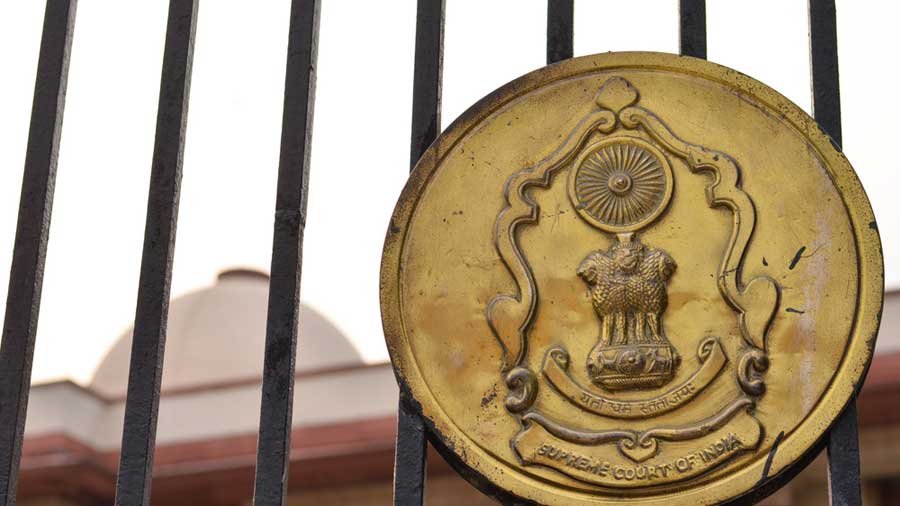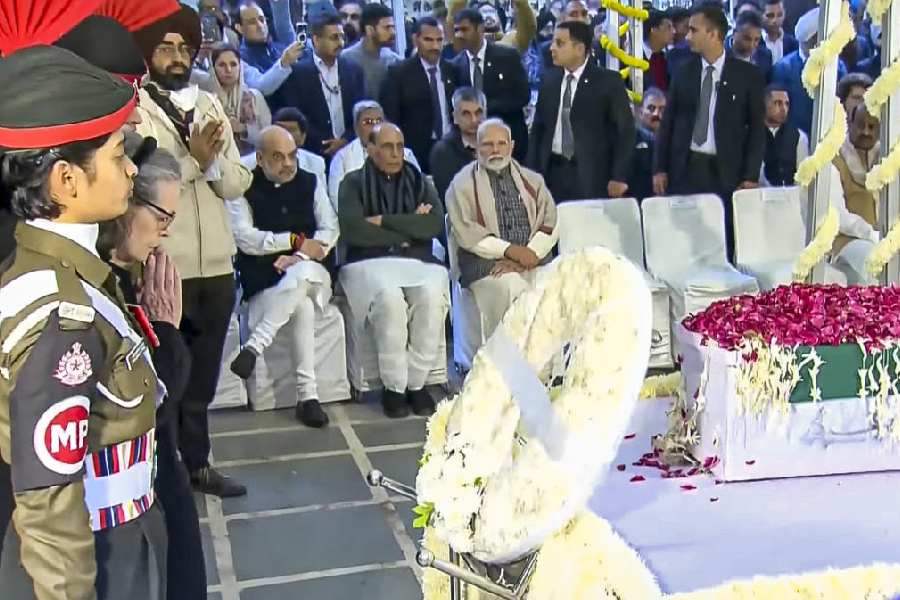A five-judge constitution bench of the Supreme Court on Monday ruled that states had the legislative competence to frame laws setting aside postgraduate medical seats for in-service doctors from their own merit quota.
The court said this would not collide with the Centre’s MCI Regulations, 2000, with regard to admissions to medical colleges.
The constitution bench upheld the rules framed by several states, including Bengal, providing for reservation in postgraduate courses for those in-service doctors who have served in rural and far-flung areas.
The bench of Justices Arun Mishra, Indira Banerjee, Vineet Saran, M.R. Shah and Aniruddha Bose was hearing a batch of petitions, appeals and cross-appeals filed by Bengal, and also several doctors, challenging the conflicting judgments passed by various courts, including different three-judge benches of the Supreme Court.
Calcutta High Court had last year taken the view that the state did not have the legislative competence to frame quota rules, observing that such provisions could be made only in keeping with the MCI Regulations.
The Supreme Court said on Monday: “If the state authorities provide reservation for in-service doctors from within the state’s own merit list, our view is that such an exercise would be relatable to the admission process and the same would not be in breach of any prohibition flowing from the 2000 Regulations. This would entail some form of variation of the merit list of the state, but we do not find any prohibition under the 2000 Regulations against a state undertaking that exercise.
“Such step undertaken by the state would be relatable to the state’s legislative power derived from Entry 25 of the Concurrent List and not covered by the 2000 Regulations. We do not find any repugnancy with the 2000 Regulations if the state authorities create such a distinct channel of entry.”
Justice Shah, who authored the judgment, laid down that there was no bar in the Postgraduate Medical Education Regulations, 2000, and its amendment in 2018 on individual states reserving seats for in-service doctors. The court, however, made it clear that such doctors would have to have the minimum marks in the NEET medical entrance exam as prescribed in the MCI Regulations, 2000.
The court also said the states should fix a minimum service period for doctors in rural or remote areas for them to be eligible for the quota.











